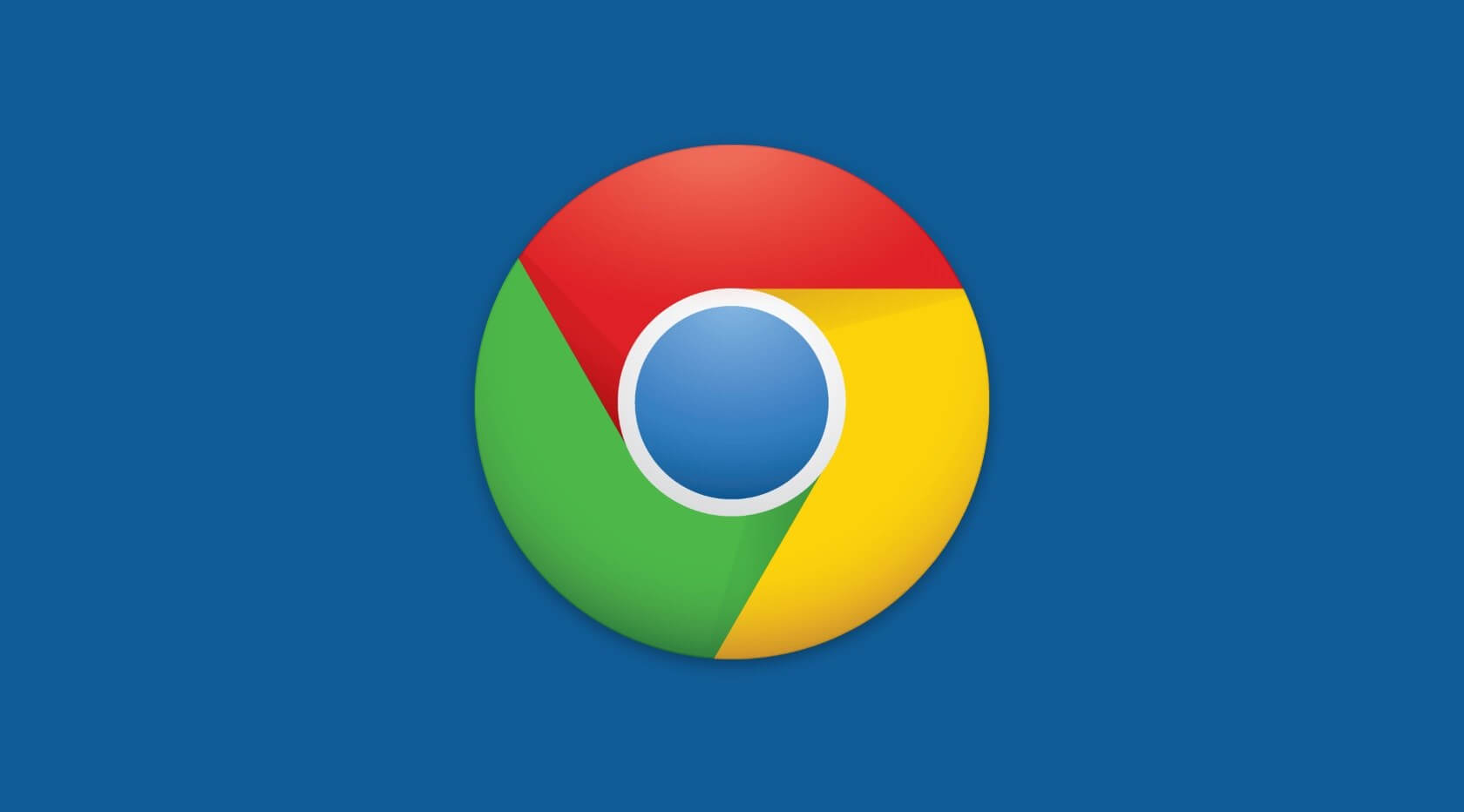Why it matters: Google has just released Chrome 76, bringing with it several new patches and features. Some of the most notable include websites now being unable to detect incognito mode, and Adobe Flash getting blocked by default.
Earlier this month, Google confirmed previous reports that it would be closing a "loophole" that allowed websites to detect if a Chrome user had incognito mode activated. This was achieved by checking for the presence of Chrome's FileSystem API (Application Programming Interface), which is disabled to avoid leaving traces of any activity on a device. If a site received an error message, this indicated a private browsing session was taking place.
In Chrome 76, the FileSystem has been modified, so websites no longer receive the error message when trying to detect the API. It means sites that use metered paywalls will no longer be able to tell if incognito mode is being used to avoid limits placed on how many free articles can be read.
Shortcut: Download Chrome 76 for Windows, Mac and Linux
The other major change relates to Flash, which Google has been trying to get rid of for many years due to its security risks. While the plugin is disabled by default in Chrome 76, it can be activated by going to chrome://settings/content/flash, though Adobe did say it will stop updating and distributing Flash next year.
Additionally, Chrome 76 will make it easier to install Progressive Web Apps (PWAs) on the desktop, thanks to a new install button in the address bar. Providing a site meets PWA criteria, Chrome will automatically show the install icon.
As usual, the latest update also includes a slew of security fixes, which you can read about in detail here.
